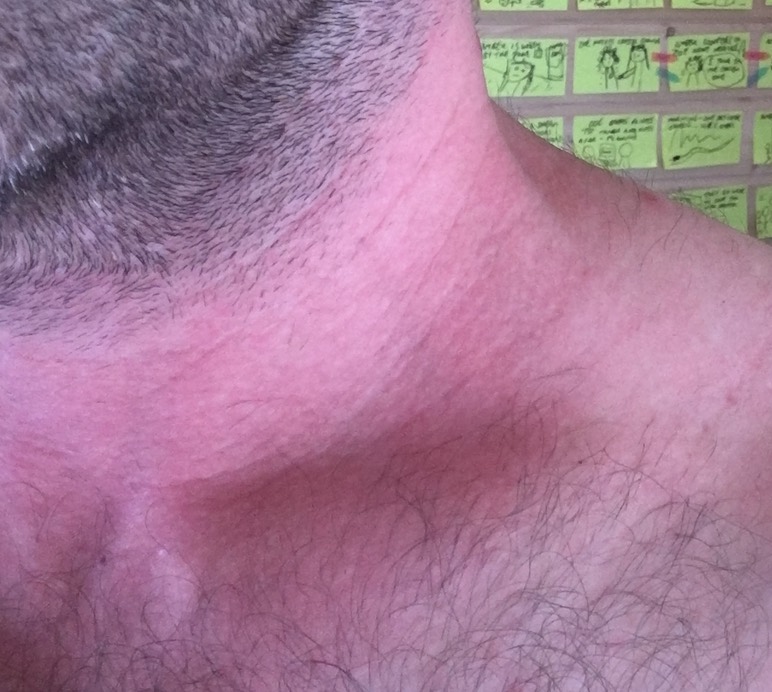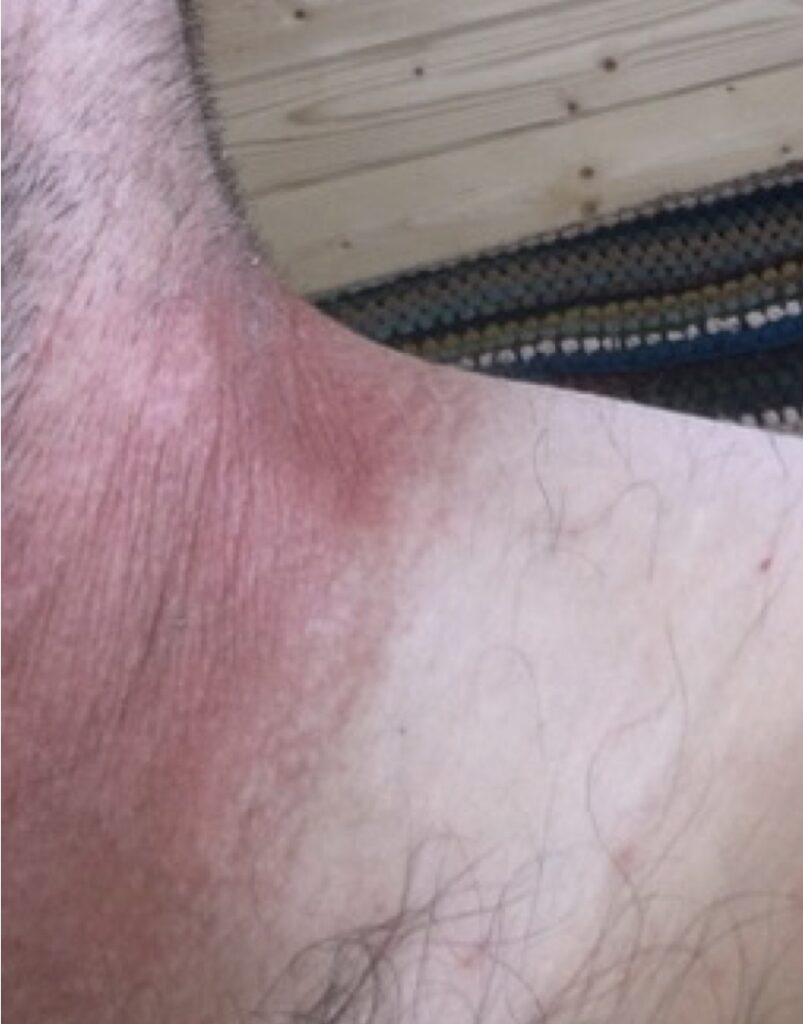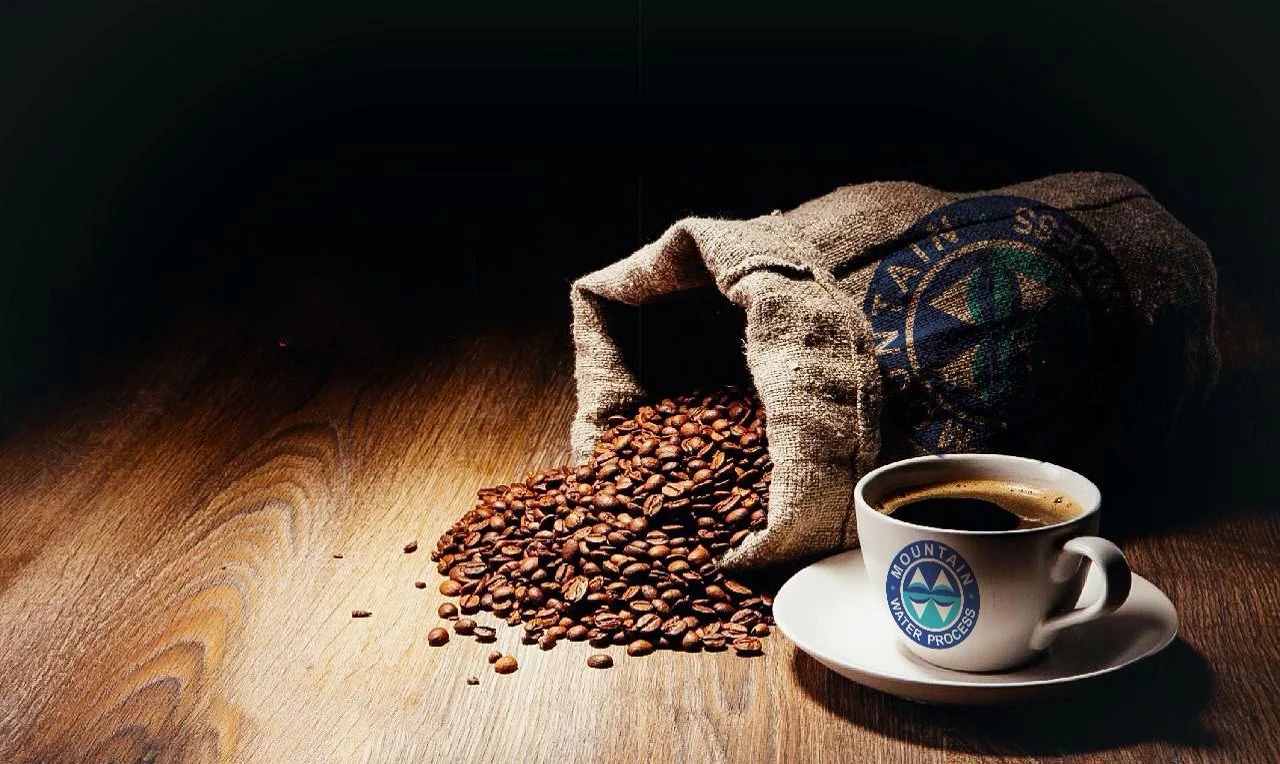
We get it – you’re as health-conscious as the rest of us and want to make sure that everything you’re putting into your body is doing you good. This has no doubt led you down some puzzling paths of inquiry. For example, is decaf coffee bad for you?
The answer to this question, frustratingly enough, is that it depends. After all, “health” is a topic where the lines are far blurrier than first meets the eye. How much are you drinking daily? Just how was your morning brew decaffeinated in the first place? What decaf coffee benefits are you trying to reap or which ailments are you looking to avoid?
We’ll explore all this and more below. We’ll cover whether decaf coffee is bad for you, the benefits of decaf coffee, and how to make a decision that’s right for you.
TLDR – Is Decaf Coffee Bad For You?
No, it isn’t.
Not to be anti-climactic, but the vast majority of people don’t need to worry about drinking a few cups of decaf coffee a day. We’ll dive into the nuances of decaf’s safety profile further down this page. Suffice it to say, however, that decaf coffee is perfectly safe, often delicious, and offers most of the same health benefits as “regular” coffee.
Even coffees that have been decaffeinated using a direct or indirect solvent process are considered perfectly safe by the FDA and other health organisations. If you’ve found yourself asking “is decaf worse for you than regular coffee?”, relax. Enjoy each sip knowing you’re getting all of the health benefits without the jitters!
Why People Ask “Is Decaf Coffee Bad for You?”
If you’re huge coffee nerds like us, you’ll know that decaf coffee benefits far outweigh the cons for most people. However, there’s one key reason that so many people ask “is decaf coffee bad for you?” The decaffeination process for commercial coffee leads some people to believe that dangerous chemicals must be at play.
Most people don’t know how coffee is decaffeinated. This leads some people to the wrong conclusion: that decaf coffee must be more harmful. In general, this isn’t true at all. There are some minor things to keep in mind when shopping for decaf beans, though. The specific caveats to watch out for are largely determined by the decaffeination process that was used for the coffee you’re considering.
What Changes When Coffee is Decaffeinated?
Learn in more detail – How is Decaf Coffee Made?
Coffee is made up of literally hundreds of different compounds. In fact, up to 800 compounds make up that characteristic coffee flavour. Removing just caffeine from this equation can be challenging to say the least. Most commercial sellers of decaf coffee use one of four methods:
- A direct-solvent process
- An indirect-solvent process
- A method using C02
- The Swiss Water method
Each of these methods can have varying impacts on the resulting flavour of your morning cup – the Swiss water method is generally considered the best at preserving flavour – but what about their impact on your health?
How Much Caffeine is Left Behind?
The amount of caffeine that’s left lingering in your favourite decaf blend depends on a number of factors. In general, however, between 97 and 99% of caffeine is removed from every single bean. Our Swiss Water method beans have had over 99.9% of their caffeine removed.
We know we’re biased, but we think that’s pretty impressive.
Is Decaf Coffee Bad For You if it Was Made Using Solvents?
The two most common solvents used to decaffeinate coffee are methylene chloride and ethyl acetate (they sound delicious, right?). Don’t get us wrong, these don’t exactly sound like healthy ingredients to have fraternising with your daily dose, but it’s important to maintain perspective here.
Some people raise concerns over the potentially carcinogenic nature of both of these solvents. Surely if there’s even a chance that your decaf beans could cause cancer, you’d want to keep it at several arm’s length?
Let’s assume for the sake of argument that these decaffeination processes leave tonnes of residual solvent behind in your coffee beans (they don’t). In this imagined scenario, would your average Joe have to worry about exposure and cancer risk?
Let’s see what the Environmental Protection Agency has to say about methylene chloride:
“Human data are inconclusive regarding methylene chloride and cancer.”
– source (EPA)
Okay, but what about ethyl acetate? A US government analysis had the following to say:
“There is no evidence of increased cancer risk from exposure to ethyl acetate.”
– source (Government of Indiana)
This might quell most people’s fears, but what about the hyper-health-conscious among you?
The reality is that the amount of solvent that’s left behind when decaffeinating coffee is negligible at best. The miniscule amounts left behind are orders of magnitude smaller than anything that could even begin to cause harm. Even if these solvents were found in higher quantities, there really isn’t anything conclusive to suggest that they’re carcinogenic in the first place.
So, is decaf coffee bad for you if it was made using solvents? Decaf coffee isn’t bad for you and that’s simply the truth of the matter.
How Do You Avoid Solvents in Your Decaf Coffee?
The idea of even a small amount of solvent in your coffee can leave a sour taste in the mouth (in more ways than one; solvents can tarnish coffee flavour if you’re not careful!). So then, how do you get yourself the ultimate peace of mind when shopping?
The Swiss water method is a decaffeination process that uses just water, carbon filters, heat, and time. It’s the go-to option for those who want to guarantee there aren’t any nasties floating around in their brew of choice. A huge bonus to choosing this kind of decaf coffee is that it’s absolutely delicious.
Is Decaf Coffee Bad For You? The Caffeine-Craze Myths
Coffee snobbery sucks – there’s no two ways about it. Taking the time to prepare something delicious each morning doesn’t mean we have to start disparaging others for their personal preferences. Unfortunately, this holier-than-thou attitude often extends to caffeine.
Caffeine snobs and health nuts alike often harbour a ton of misconceptions about the benefits of decaf coffee. We slash through three of these caffeine-craze myths below.
Myth One – Only Caffeinated Coffee is Good For Your Liver
Coffee is quite well documented as helping to reduce the chances of liver disease and even fighting against some forms of liver cancer. While this is excellent news all round, these accolades shouldn’t be reserved for “regular” coffee alone. So, is decaf coffee good for your liver?
Decaf coffee seems to offer exactly the same liver-protecting benefits as caffeinated coffee. Is decaf coffee bad for you? Your liver doesn’t think so!
Myth Two – Only Caffeinated Coffee Has Antioxidants
Ah yes, “antioxidants” – a word that most of us know about without truly understanding what it means. In short, antioxidants help to “mop up” harm-causing elements in our body known as “free radicals”. The fewer free radicals you have knocking about your system, the better.
Coffee has long been lauded for its exemplary antioxidant profile, so why the hate when it comes to decaf coffee? Remember earlier when we discussed the different decaffeination processes that exist? Solvent and C02-based methods can have some negative effects on the number of antioxidants found in your decaf beans.
Swiss water decaffeination, however, can be a far gentler process that takes only caffeine and leaves the rest. The result is a brew that’s every bit as healthy for you as “regular” coffee. Is decaf coffee bad for you? Its antioxidant profile doesn’t think so!
Myth Three – Only Caffeinated Coffee Helps Your Kidneys
Okay fine, kidney function is hardly a glamorous subject, but it is a super important one. One of the oft-cited benefits to drinking “normal” coffee is that it can help keep your kidneys in tip-top condition. If you’re a decaf drinker, we have great news for you. Decaf coffee also seems to give your kidneys a welcome boost. Is decaf coffee bad for you? Your kidneys don’t think so!
Okay, But is Decaf Worse for You Than Regular Coffee?
So it might still be “healthy”, but is decaf worse for you than regular coffee? If you’re looking for something that caffeine can give you (i.e an increased feeling of alertness), then decaf coffee doesn’t have what you’re looking for.
However, if you’re concerned about the other myriad health benefits that coffee promises, you have nothing to worry about if decaf is your poison of choice. Coffee that has been gently decaffeinated still has all of those same compounds that make your morning brew so amazing.
Once you factor in the added benefits like increased sleep quality and the potential for less anxiety, decaf coffee is definitely not worse for you than regular coffee.
Benefits of Decaf Coffee – What You Still Get With a Decaf Brew
So, we’ve trudged through the doom and gloom, dispelling countless decaf coffee myths along the way, but what are the benefits of decaf coffee? In this section, we’ll explore just some of the things that make decaf so great.
The long-and-short of it is that decaf coffee benefits are similar to those of their caffeinated counterparts, with a few decaf-only benefits thrown in for good measure.
Similar Antioxidant Profile to Caffeinated Brews
Want to kick free radicals in the teeth and improve your overall health? Antioxidants are what you need. A decaf ground that has been decaffeinated properly will still offer the wealth of antioxidants that your regular coffee has.
Diabetes and Cancer Risk
Did you know that consuming coffee can lead to a 40% lower risk of developing type-2 diabetes? Now you do. While caffeine does have a relationship with blood glucose levels, many other compounds found in coffee also help to mitigate your risk. In fact, people already living with diabetes are advised to stick with decaf brews.
But what about protection from cancer? Check out this quote from the American Institute for cancer research:
“Most human studies show a similar reduction in cancer risk when looking at regular and decaf coffee”
– source (AICR)
That’s good enough for us!
Improved Sleep Quality
If you struggle to get a good night’s sleep, caffeine might just be the culprit. Reducing your caffeine intake, especially in the afternoon, can dramatically improve the length and quality of your sleep. Good sleep is foundational for practically all aspects of our health and general wellbeing.
In this sense, decaf can be considered as a key to better health overall.
Fewer Heart Complications
Some people experience some pretty nasty heart palpitations when drinking regular coffee. While this isn’t an issue for everyone, many people prefer to avoid caffeine as a result. Decaf blends are an excellent option for those who want that coffee kick without the… kick.
Is Decaf Coffee Bad for You – FAQ
Is decaf coffee bad for you? How can you be sure? Which further questions are burning on your lips? In this section, we’ll clear up a few more decaf-myth FAQs.
Is Decaf Coffee Safe During Pregnancy?
Caffeine isn’t a good idea when pregnant, but is decaf coffee safe during pregnancy? It’s considered safe to drink decaffeinated coffee while pregnant, but it’s definitely worth practising moderation. Just one cup of regular coffee a day can double the chances of a stillbirth.
If you’re pregnant and still want to enjoy the taste of coffee, we recommend picking up some beans that have had more than 99.9% of their caffeine removed.
Is Decaf Coffee Bad for Your Kidneys?
So, is decaf coffee bad for your kidneys? Absolutely not, no. In fact, there’s evidence to suggest that decaf coffee can actually improve kidney excretion function. Unless you’re living with kidney disease, you shouldn’t have to worry about your coffee consumption, caffeinated or not.
In fact, those with chronic issues are often advised to forgo caffeine altogether and opt for decaf versions of their favourite drinks instead.
Is Decaf Coffee a Diuretic?
The answer to “is decaf coffee a diuretic” is “no”. Caffeine is what causes the diuretic properties of regular coffee. If you remove the caffeine, you remove the diuretic effect. If you’re hyper-sensitive to caffeine, you might want to make sure you’re drinking a decaf brand that removes 99%+ of the caffeine in each bean (some brands leave as much as 3% behind).
Does Decaf Raise Blood Pressure?
Drinking 4 or more cups of regular coffee a day can lead to hypertension (high blood pressure), but does decaf raise blood pressure? It doesn’t appear to, no. The main compound in coffee that can lead to a higher blood pressure is caffeine. Decrease your caffeine intake, and you ease that pressure!
Is Decaf Coffee Bad for You?
The answer to this question is a resounding no. High-quality decaf coffee offers many of the same health benefits as regular coffee and even comes with some of its own unique benefits. Decaf coffee benefits far outweigh any cons and healthy people can safely enjoy several cups a day.
Is Decaf Coffee Bad For You? Conclusion
We hope you’ll agree that this page has pretty exhaustively answered the question “is decaf coffee bad for you?”. Just in case you weren’t paying attention: decaf coffee is not bad for you.
In fact, a well-decaffeinated coffee offers most of the same benefits as a regular cup. Want to get started on your decaf journey? We’ve poured countless hours into our range of high-quality decaf coffees. We use only the best decaffeination methods and each cup is truly delicious – we promise.






